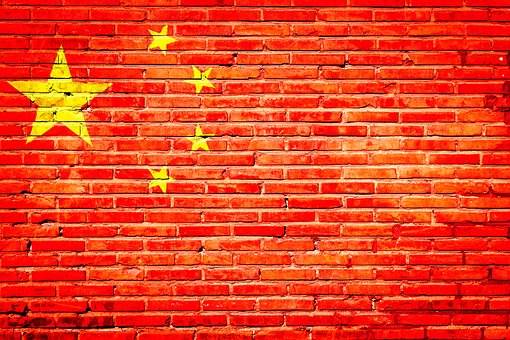China's manufacturing sector has grown at its fastest pace since early 2018 in September despite persistent trade disputes with the United States, survey data from IHS Markit showed on Monday. The Caixin Manufacturing PMI rose to 51.4 in September from 50.4 in August. A reading above 50 indicates growth in the sector. The latest reading was the highest since February 2018.
In contrast, official data released by the National Bureau of Statistics revealed that the factory sector continued to decline in September. However, the manufacturing PMI rose to 49.8 from 49.5 a month ago. New orders rose at the fastest rate since March 2018, and new export orders fell slightly in September, according to the IHS Markit report. Companies said the ongoing Sino-US trade dispute has further reduced foreign sales.
The employment level remained unchanged for the second month in September. Outstanding work has increased amid stagnant jobs and rising demand. Large volumes of new business pushed companies to expand production again in September. The growth rate was the fastest since August 2018.
Purchasing of inputs rose for the third consecutive month and inventories of purchased goods expanded slightly.
In contrast, input costs rose at the end of the third quarter and the cost of production remained largely unchanged from the previous month. However, commodity producers continued to express a relatively weak level of confidence in future production, as concerns about the outcome of trade negotiations between China and the US persisted.

Economists believe that growth in manufacturing demand has increased mainly due to the domestic market, as trade disputes between China and the US continue to restrict external demand.
Negotiators are due to meet in Washington next week, but there has been no sign of progress towards ending the conflict, which threatens to undermine global economic growth and push it into recession. "We do not expect significant progress," Citigroup economists said in a report. “Even if there is a suspension of retaliatory tariffs between them, the damage has already occurred in part because of business uncertainty.”
